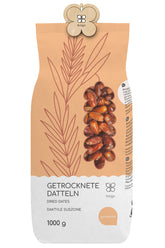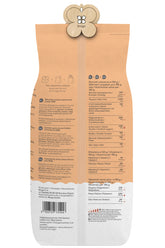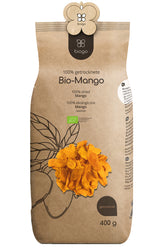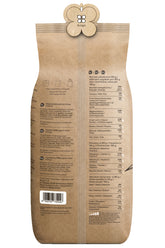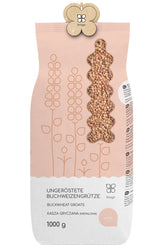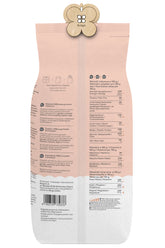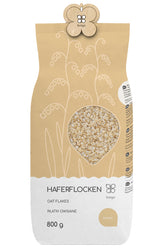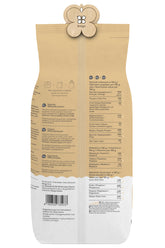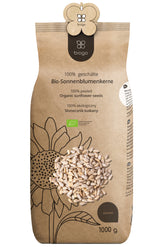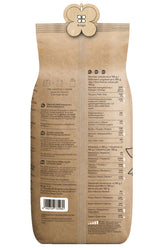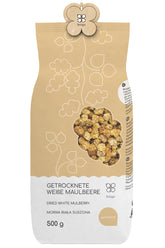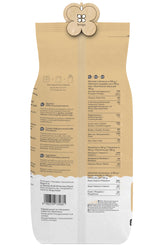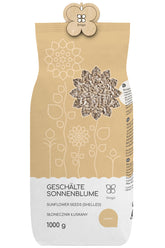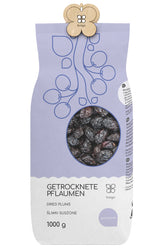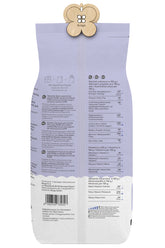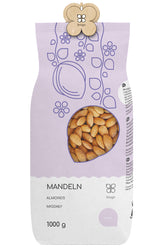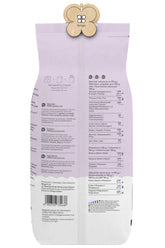Honey - a true treasure of nature, valued for centuries for its diverse properties and application possibilities. As one of humanity's oldest food sources, honey has established itself not only as a delicious food but also as a valuable ingredient in natural cosmetics and traditional medicine. In this blog post, we will explore together the fascinating facets of natural honey and learn how you can integrate this golden elixir into your daily life.
The Diversity of Natural Honey
Honey is far more than just a sweet bread spread. Each honey is unique and reflects the diversity of flavors found in nature. Depending on the bees' origin and floral source, the taste, color, and even the consistency of the honey vary. From floral spring blossoms to spicy forest honeys - natural honey offers an incredible range of taste experiences.
Blossom Honeys
Blossom honeys like rapeseed, acacia, or linden honey are characterized by their delicate, floral note. They are particularly mild in flavor and are excellent for sweetening tea, yogurt, or baked goods.
Forest Honeys
Honeys that originate from forest trees and shrubs, such as fir honey or buckwheat honey, often possess a stronger, spicier note. They lend dishes and beverages a special depth and complexity.
Honeydew Honeys
Honeydew honeys are produced by bees from the honeydew secreted by aphids. They are characterized by their darker color and intense sweetness. Honeydew honeys are particularly rich in minerals and antioxidants.
The Health Benefits of Natural Honey
In addition to its incomparable taste, natural honey offers numerous health benefits. As a natural food, it is free from additives and distinguished by its diverse nutrients.
Antioxidative effect
Honey contains a variety of antioxidants that neutralize free radicals in the body and thus protect against oxidative stress. Particularly dark honeys such as buckwheat or honeydew honey are especially rich in these valuable substances.
Antibacterial properties
Honey possesses natural antibacterial properties due to its low pH value, hydrogen peroxide content, and other ingredients. Therefore, honey can be used in wound treatments and to alleviate cold symptoms.
Supporting the immune system
The high content of vitamins, minerals, and enzymes makes honey a valuable food for strengthening the immune system. Regular consumption of honey can support the body's own defenses and thus prevent illnesses.
Honey in the kitchen and natural cosmetics
In addition to its use as a sweetener, honey offers diverse applications in the kitchen and natural cosmetics.
Cooking and baking with honey
Honey is excellent for sweetening foods and beverages. It gives cakes, desserts, marinades, and dressings a natural sweetness and a special depth of flavor. Furthermore, honey can also be used for caramelizing fruits and vegetables.
Honey in natural cosmetics
Due to its moisturizing, nourishing, and antibacterial properties, honey is increasingly being used in high-quality natural cosmetics products. It is excellent for making face masks, creams, soaps, and hair care products.
Storing and enjoying honey correctly
To preserve the full enjoyment and quality of natural honey, proper storage is important. Honey should be stored in a cool, dark place, as light and heat can affect its ingredients. Crystallized honey can be liquefied again by gently warming it in a water bath without impairing its properties.
Discover the diversity of natural honey and enjoy this valuable treasure of nature in your daily diet and care. Whether as a sweetener, ingredient in the kitchen, or component of your natural cosmetics - honey is a true all-rounder that delights both your body and soul.

